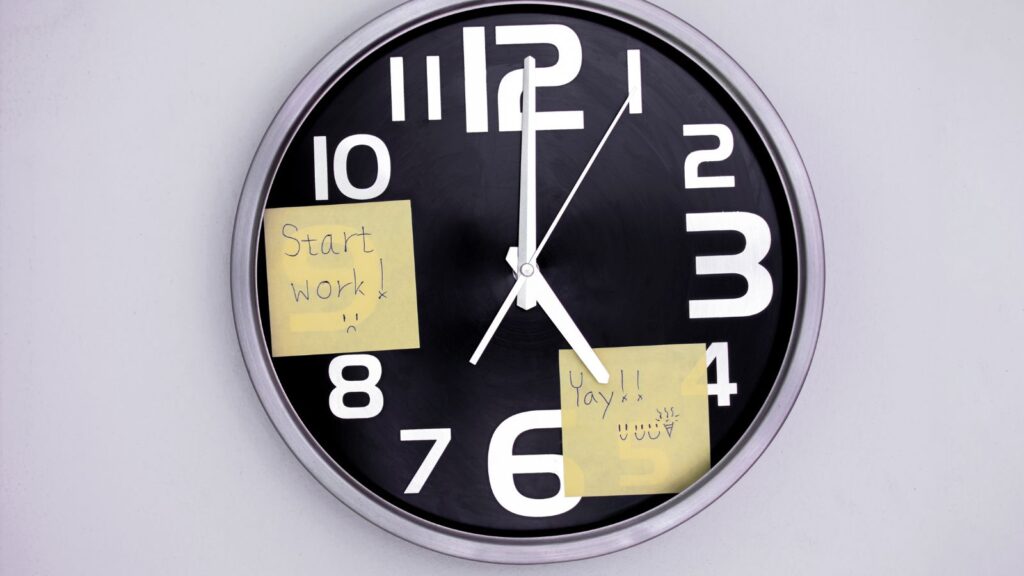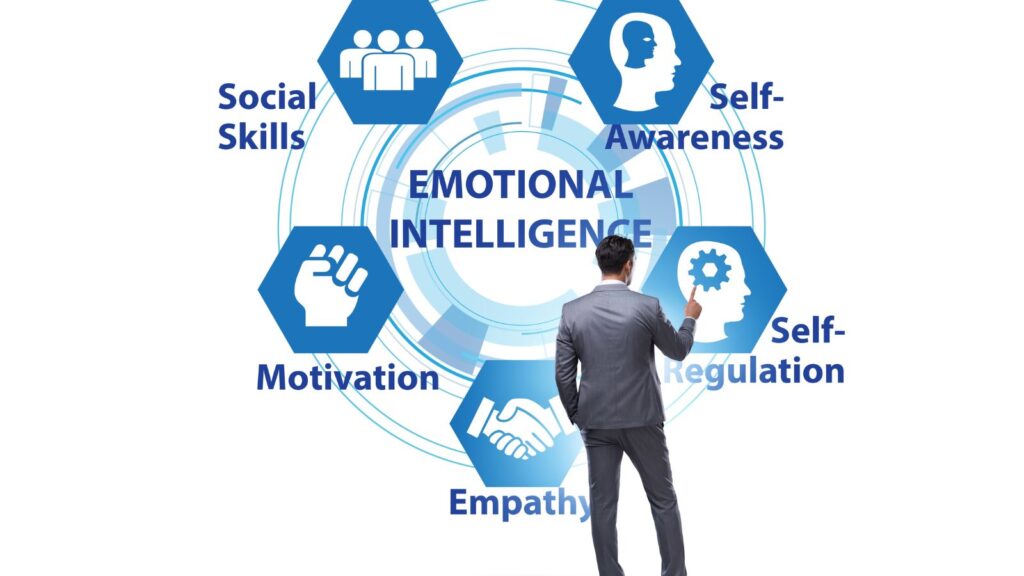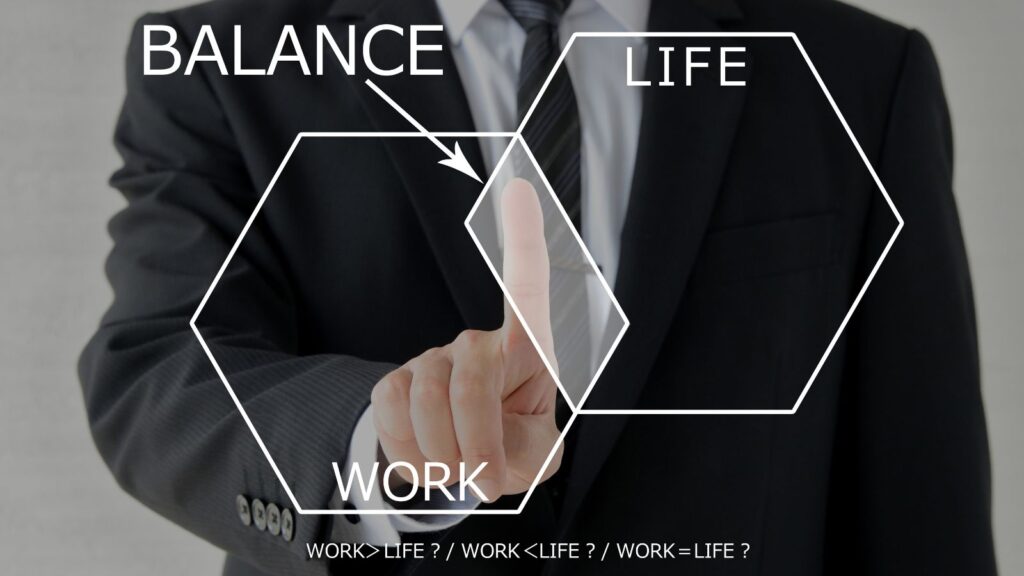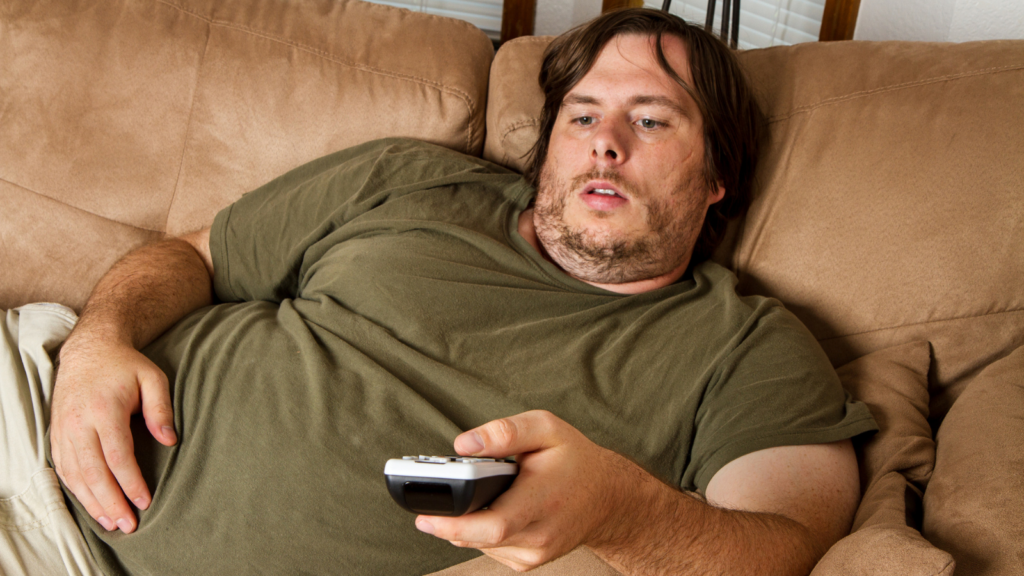What’s your least favorite workplace practice? Is it the office gossip, uncomfortable shoes or the old-school hierarchies? There’s a lot to dislike about work in the traditional sense. Boring, outdated, and just plain ridiculous workplace practices have created an environment that would make many dread working on a Monday.
But work doesn’t have to be this way. Work can be an enjoyable, stimulating, and fun place for employees. As millennials and Gen Z increasingly enter the workplace, they’re not just accepting these practices, they’re bringing with them an eager desire to transform them. Which let’s be honest, might not be such a bad thing. So here are 18 workplace practices Millennials and Gen Z are eager to transform.
Being Sick at Work

If Covid taught us anything, it should be that showing up to work when you’re sick just makes things worse for everyone. Millennials and Gen Zs are saying, let’s make taking time off when we need it a priority. This will help stop the spread of illness and keep the team healthier for longer by giving them the time to rest and recover properly. Worried about the workload? Well, think about it in the long run: losing one person for a week (who, let’s face it, wouldn’t perform well when sick anyway) is way better than losing the whole team the week after when everyone catches their bug.
Toxic Work Environments

Maybe you’ve felt that you lucked out and avoided toxic work environments, only to realize after a few chats with friends that you’re right in the middle of one. Maybe you just thought you were the problem, thinking your work wasn’t good enough or that you weren’t ready for a promotion when, in fact, the environment you worked in just wasn’t supporting you. We’ve all been there. But luckily, things have changed in recent years. Workplaces are becoming more open and inclusive, and people are more aware of what toxic environments look like and how to deal with them.
Gender Specific Career Paths

The days of women only being nurses and men only being builders are long gone. Now, 10.4% of Fortune 500 companies are run by female CEOs. We may still have a long way to go, but when you look at how much this has changed since 2000, it’s obvious that younger generations are all about mixing things up in terms of traditional gender-based career choices.
Only Office Working

Commuting, rush hours, and no time for personal commitments? The 9-5 office schedule doesn’t work for many. Flexible work options make life easier for parents, caregivers, and people with disabilities and attract talented individuals who otherwise couldn’t be part of the team. Millennials and Gen Z understand that not everyone works the same, so let’s embrace flexible working and expand the possibilities of what makes a good workplace environment.
Paper Based Systems

We all know we must save the planet, so why is paper in the office still a thing? With more flexible ways of working, Millennials and Gen Zs believe we should move to online systems in the workplace. Yes, this might mean some training and a little time to get used to the new way of working, but this will make everyone’s life easier in the long run.
Undervaluing Soft Skills

Workplaces are changing what they value in their employees, and Millennials and Gen Zs are a big part of this. Soft skills such as empathy, emotional intelligence, and adaptability are proving to be highly valuable workplace skills.
Excessive Formality

Formality can be complicated and may not be the best way to communicate or structure a workplace. Younger generations recognize the challenges it poses for those who don’t fit the mold and advocate for a more open and relaxed workplace environment. Instead of formal emails and uncomfortable social interactions, they prefer simplified and organic processes that allow for individual expression and open methods of communication.
Always Being On

All of us understand that reaching your goals means putting in the work. When you’re new at a job, you might have to work extra hard to learn the ropes, or there could be times when you need to put in overtime to meet a project deadline. But Millennials and Gen Zs aren’t up for being on call 24/7. They’re more into setting specific times for communication during work hours and making sure that once the workday is done, it’s really done.
Excessively Long Hours

When did it become acceptable to work until 10 pm? Or even worse, to come in on a weekend? The average worker is only productive for two hours and 53 minutes in a working day. Younger generations argue working excessive hours just isn’t productive or healthy. Instead, they say we should work towards having more productive working hours and shorter work weeks.
No Work Life Balance

With 60% of American’s saying they have a bad work-life balance, this is a workplace practice Millennial and Gen Zs are determined to transform. But how do you figure out what works in a world where the boundaries between work and home are increasingly blurred? For Millennials and Gen Zs, achieving a good work-life balance goes beyond attending a yoga class once a week. By consistently managing time and energy, younger generations believe it’s possible to fulfill personal and professional obligations while prioritizing well-being, leading to a harmonious relationship between work and personal life.
No Flexibility in Work Attire

Okay we get it; steel toe boots and gloves are 100% needed in some workplaces but when it comes to men wearing ties and women wearing heels Millennials and Gen Zs argue it’s just not needed anymore. In a world with unlimited outfit choices, it’s easy to find appropriate and professional work clothes and still be comfortable, so why suffer? While you’re at it why not bring some color to the office too.
Filing Cabinets

We’re in 2024, and it’s high time we ditch those clunky filing cabinets. Filing cabinets are the biggest pet peeve for Millennials and Gen Z. Whether your team is fully remote or occasionally uses the office, the use of big, clunky, and unhelpful filing cabinets is a roadblock in the modern workplace. These outdated tools slow down processes, eating into valuable employee time and ultimately, your business’s pocket. Plus, let’s not overlook the environmental cost of all that paper either.
Unhelpful Feedback

Millennials and Gen Zs are all about getting helpful feedback. Let’s leave behind the old days when your boss would give you one-sided input and then say ‘’you’re doing okay though, right?’’ on their way out the door. Because we all know that’s just not good enough. Let’s aim for open communication, sharing thoughts, and listening to make those feedback sessions worthwhile.
Annual Performance Reviews

The annual performance review stresses out everyone, from managers to trainees. It’s not motivating and there’s never enough time to fit everyone in. Plus, the feedback isn’t all that helpful. Millennials and Gen Zs prefer more frequent reviews and keeping the conversation open. Waiting a whole year to find out if you’re doing your job right just doesn’t cut it.
Employee Opinion Surveys

No one really enjoys filling out surveys. They take time and often lead to inaccurate results because of mindless clicking. Millennials and Gen Zs argue that surveys aren’t the best way for workers to express their opinions. Instead, they’d open conversations and have more personal meetings about workplace satisfaction because happy workers are more productive.
Short Lunch Breaks

We all know that eating well and taking regular breaks is essential for keeping our brains sharp. So, why force yourself to eat a boring sandwich at your desk? Expecting employees to work nonstop for eight hours just doesn’t make sense. It gives off the vibe that leadership only cares about the quantity of work employees produce, not their overall contribution to the company or their personal commitment. Millennials and Gen Zs say it’s time to prioritize and enjoy our lunch breaks again. It might mean taking more time out of the workday, but you’ll quickly notice improved performance and a significant boost in staff morale.
Unhealthy Lunch Options

We’ve learned a lot about nutrition and diet in the last few years, so why aren’t we bringing these healthy options into the workplace? Younger generations want to change how we make lunch at work, and one way is by adding more healthy lunch choices in the workplace canteens or giving workers longer lunch breaks to find healthier alternatives.
A Need for Empathy

One of the biggest changes millennials and Gen Zs want to make in the workplace is to add more empathy to the environment. Because we are humans at the end of the day, and unlike robots, we need human connection, understanding, and forgiveness. Working hard for a workplace that treats you with no respect wears people down, makes them unwell, and lowers life satisfaction. So, let’s bring some humanness back to the workplace and start treating each other with empathy.
19 Grim Realities of Dating After 50 That Are Often Overlooked

19 Grim Realities of Dating After 50 That Are Often Overlooked
26 Things That Will Be Extinct Because Millennials Refuse to Buy Them

26 Things That Will Be Extinct Because Millennials Refuse to Buy Them
24 Outdated Slang Terms You Absolutely Shouldn’t Be Using Anymore

24 Outdated Slang Terms You Absolutely Shouldn’t Be Using Anymore
25 Hardest Parts About Getting Older That No One Ever Talks About

25 Hardest Parts About Getting Older That No One Ever Talks About





